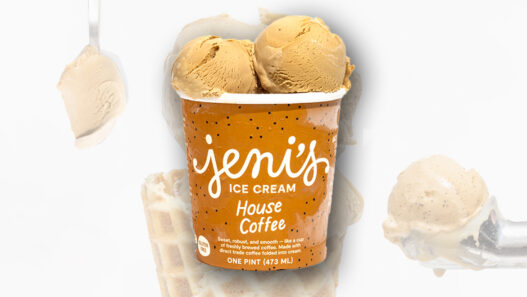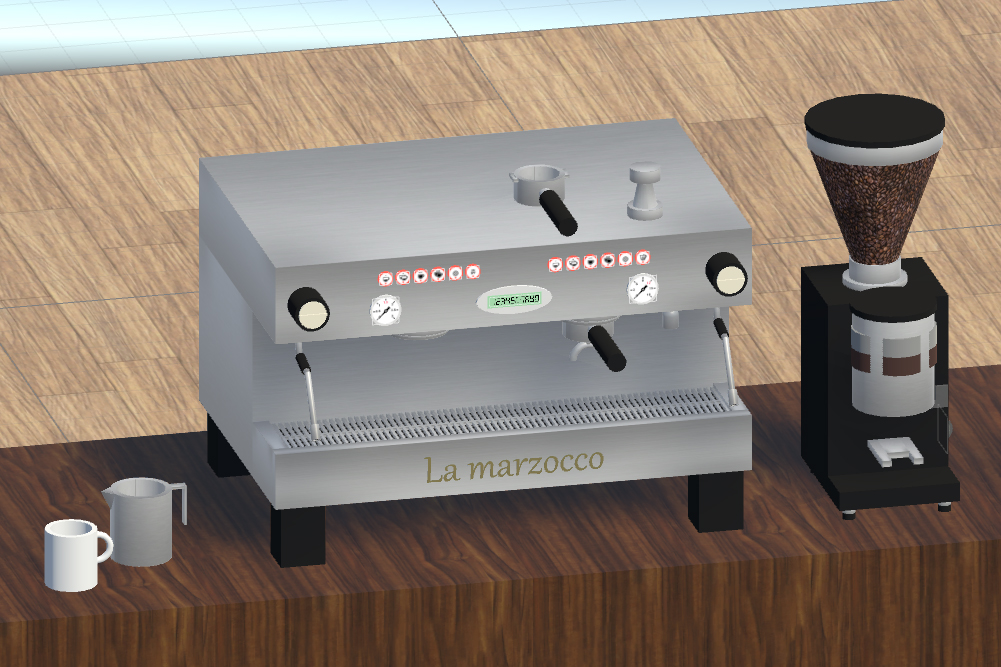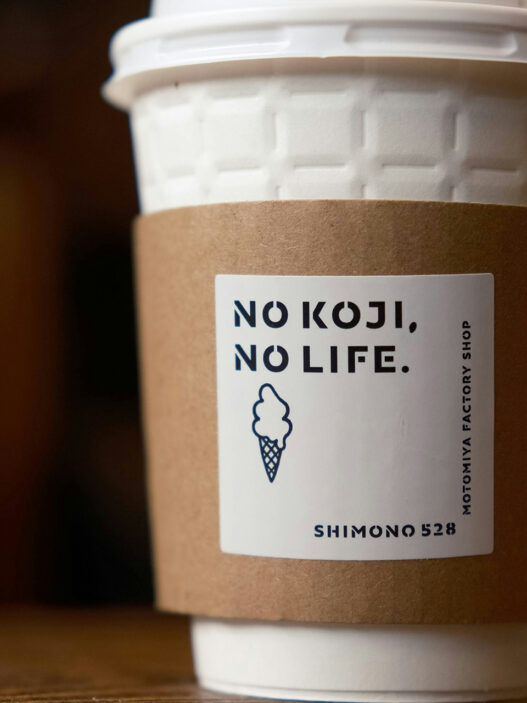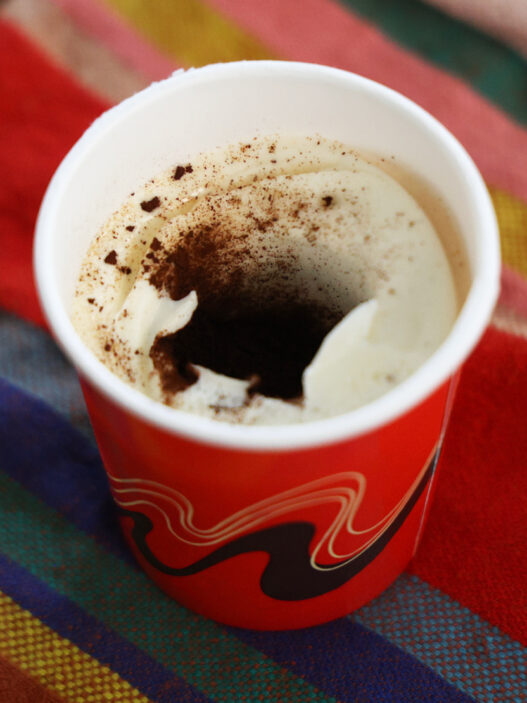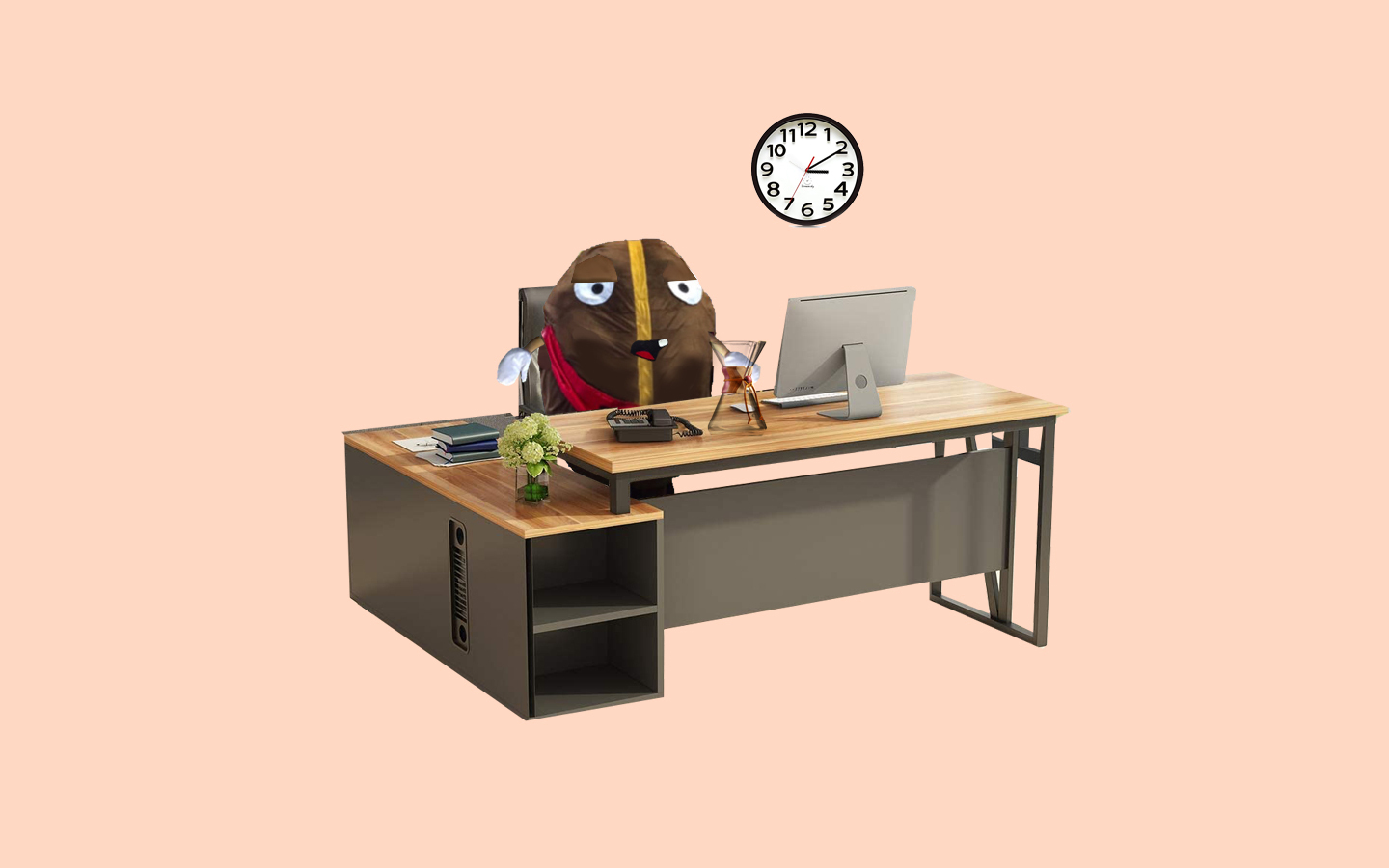
A few short weeks ago we reported on the emergence of a new beverage trend: the Goth Latte, a latte made using activated charcoal. The results are visually stunning, but it turns out enjoying these drinks—or any of today’s multitude of ice creams and lemonades spiked with charcoal—could pose serious health risks for those on certain kinds of medications.


They were whipping up all manner of activated charcoal drinks out in Venice Beach at Menotti’s Coffee Stop, one of LA’s best cafes, when I visited a few weeks ago. Founder Christopher “Nicely” Abel Alameda is not shy about his enthusiasm for activated charcoal beverages, and his shop’s signature drink menu features riffs like the “Darth Mocha,” featuring Valrhona chocolate, Maldon salt, and activated charcoal, and the “Charcoalate Milk,” made with charcoal (natch), hemp milk, and house ganache.
The drinks are delicious and striking, drawing oohs and ahhs from the perpetual motion machine of customers coursing in and out of the tiny cafe, just a block from the Venice Beach boardwalk. “What is that?” a patron asks. “That’s a #2 Pencil,” Nicely replies. Folks start ordering the drinks in place of their usual iced lattes, and before we know it there’s a crowd gathered as the next drink lands on the bar.
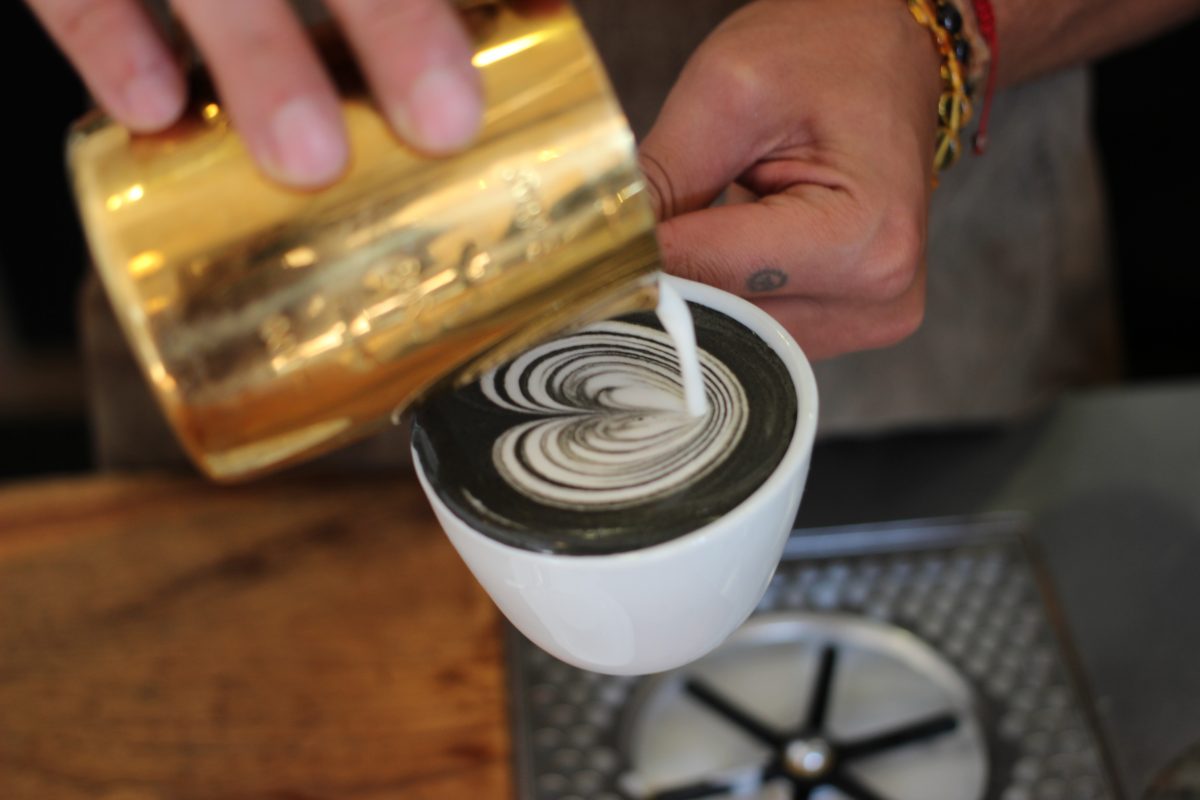

Each activated charcoal drink at Menotti’s contains just a gram of activated charcoal, and that dosage is typical across other foodstuff applications of AC—like, say, the Charcoal Lemonade you might find for sale a few blocks away on Abbot Kinney. Nicely’s use of charcoal on the menu is about more than visual appeal and fad chasing—he’s used the ingredient in his own holistic health regimen for several years, to help combat problems related to stomach acidity. “Once I started integrating charcoal into my diet,” Nicely tells Sprudge, “I saw the benefits of it right away. That’s what compelled me to want to share it with people.”
But there is a darker side to the Goth Latte. Rumors abound around these drinks, and a growing chorus of voices are speaking out warning about the potential dangers they pose.
Most of the information on this topic is pretty scattered, ranging from poppy doctor chats to wacky trend pieces to glorified reblogs. Sprudge wanted to know some facts about the supposed charcoal risks, starting with a practical first question: what was the dosage necessary to interrupt the absorption of medication? A wide variety of factors influence whether or not a drug could be disrupted by charcoal: pH of the stomach, where in your GI tract the pill breaks down for absorption, and the drug molecule itself—how big it is, what charge it has, and so on.
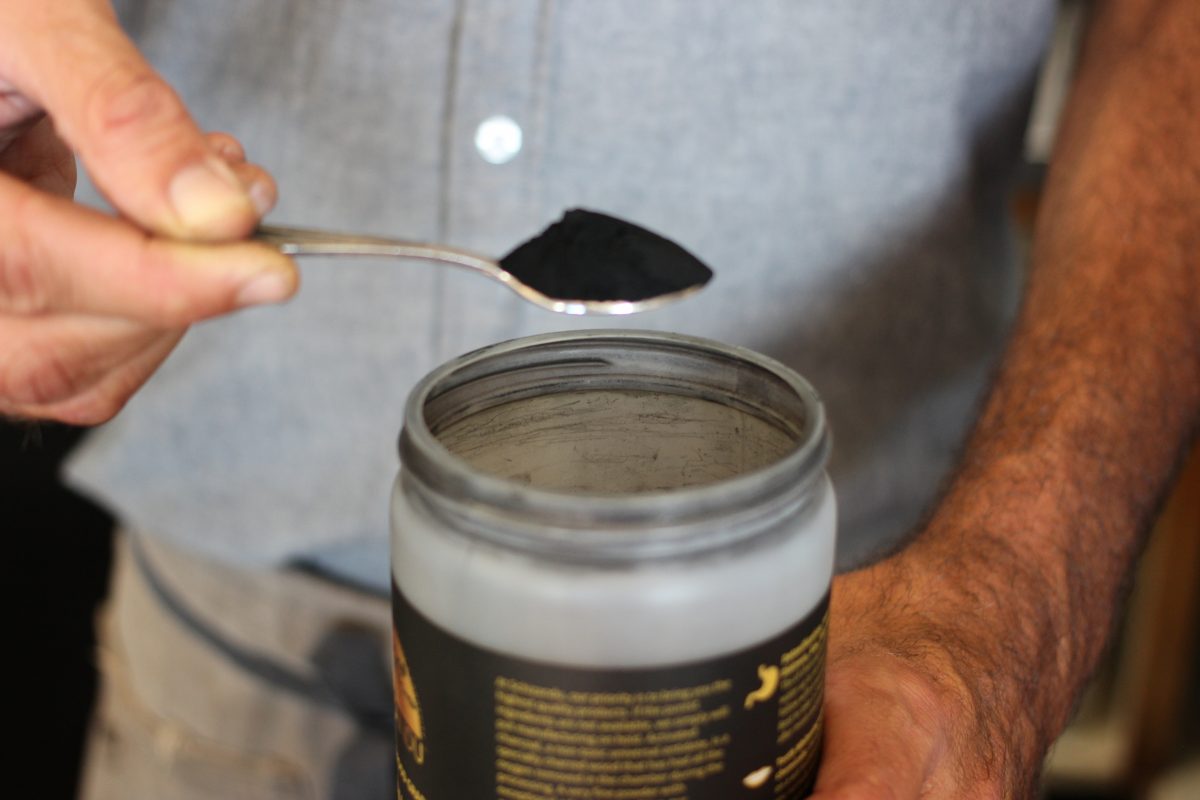
Okay, so no magic bullet. But in overdose situations—when charcoal is used for emergencies in hospitals—how much is typically administered? According to doctors we spoke to, about 50 grams of activated charcoal would be typically administered to combat toxins and prevent absorption.
50 grams! Well if my Goth Latte has just one gram, it’s probably fine, right? That’s 1/50th of the medical dose used to disrupt absorption. And according to the available medical scholarship, the introduction of something like milk—say, in a Goth Latte—could further diminish the effectiveness of activated charcoal:
The addition of some flavoring agents (e.g., milk, ice cream, sherbet, marmalade) are known to reduce the adsorptive capacity, and therefore the efficacy, of activated charcoal and should be avoided in preference to activated charcoal-water slurries; nevertheless, these flavoring agents do not completely compromise the effectiveness of activated charcoal and may be necessary in some circumstances (e.g., administration in pediatric patients) to enhance compliance (Cooney 1995; Dagnone 2002).
So maybe Goth Lattes—not unlike my own experience during my The Cure phase in high school—are just misunderstood. At such a small dose, mixed with milk, what could possibly be the harm? Turns out the bigger issue relates back to what sorts of medications you’re taking, specifically medications made of very small molecules such as birth control.
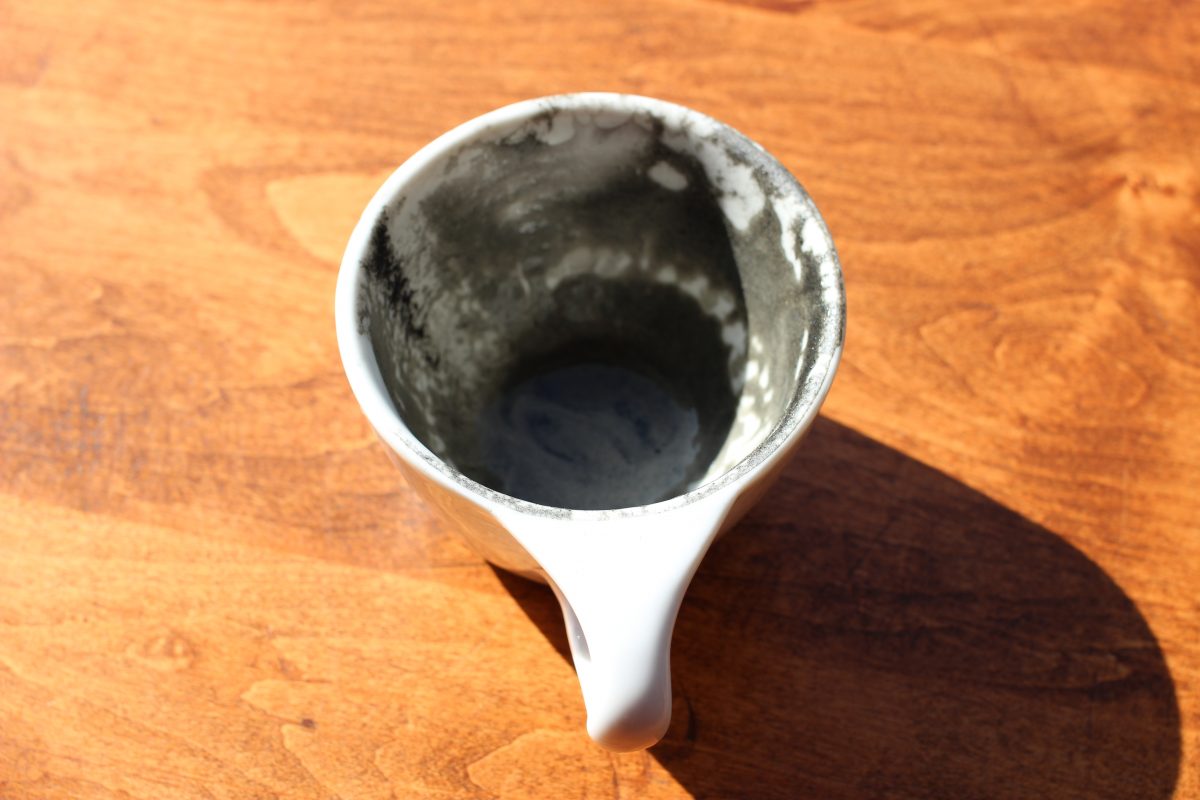
When we ran our own admittedly poppy trend piece back in June, a few folks with deeper knowledge of the risks posed by charcoal in drinks reached out in response. One of them is a practicing hospitalist in the Seattle area, Dr. Matthew Powell, who goes by @cocktailmd on Instagram. Dr. Powell helped clear up some of the misconceptions I had about grams and dosage amounts when administering AC in a hospital setting. “[Doctors] use activated charcoal (AC) in certain types of overdose by administering a 50g dose,” he says. “That megadose is meant to prevent absorption of a megadose of a toxin or medication. It turns out that with all of the microscopic pores in AC there is an extraordinarily high surface area in even just one gram of it—about the same as three or four tennis courts. That surface area is where other substances stick (“adsorption”) to prevent them getting into the system (“absorption”).”
“Not everything sticks,” Dr. Powell says, “but everything that does stick passes through the system and out the other end without adversely affecting the person.” Dr. Powell continued (bold emphasis from Sprudge):
“What does stick well? Lots of different medications. The ratios matter, so one gram of AC wouldn’t have as much effect on half a gram of medication, but that same dose of AC is 10,000 times the weight of a common dose of birth control (100mcg) and could potentially adsorb that medication in its entirety,” Powell says. “Many studies have looked at the reduction in medication effectiveness, and this effect is far from theoretical. For example, 1g of AC taken within five minutes of 500mg of Ciprofloxacin reduces that antibiotic’s effectiveness by about 10%. However, a different antibiotic that was only a 100mg dose was reduced by about 90%. Imagine the effect on birth control pills that are 1/1000th that dose!”
Imagine, indeed! This has been a hot topic of conversation in the cocktail world for years, prompting one doctor to quip to Imbibe, “I’m going to make a cocktail called the See Ya in Nine Months.” And it’s not just The Pill—many medications, including those for issues with depression, anxiety, and thyroid imbalance are made up of lightweight molecules and are especially susceptible to being absorbed by charcoal.
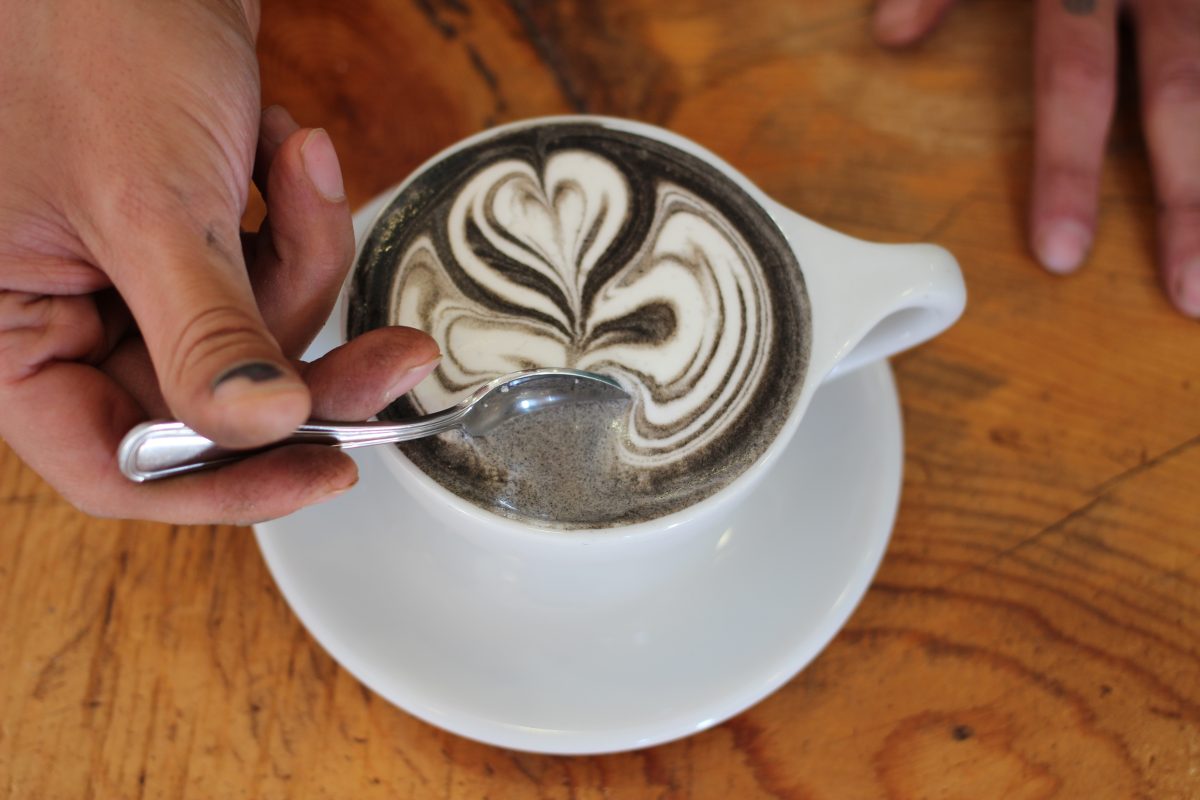
I went from thinking that the Goth Latte was a bit of moody, synth-drenched fun, like the A-side of “The Head on the Door” to a realization that the drink was far more frightening and consequential than I could even fathom, like the B-side of “Seventeen Seconds.” But it’s not all tears dripping through dark eyeliner: Dr. Powell notes that activated charcoal can only disrupt medications it’s in direct contact with. “Medication taken four hours before or after AC wouldn’t be likely to come in contact with it,” he told me, “but the closer they are taken together, the stronger the interaction. Just think how many people take their medication in the morning before heading out the door to grab a coffee before work and you can imagine that many people will fall well within that four-hour window.”
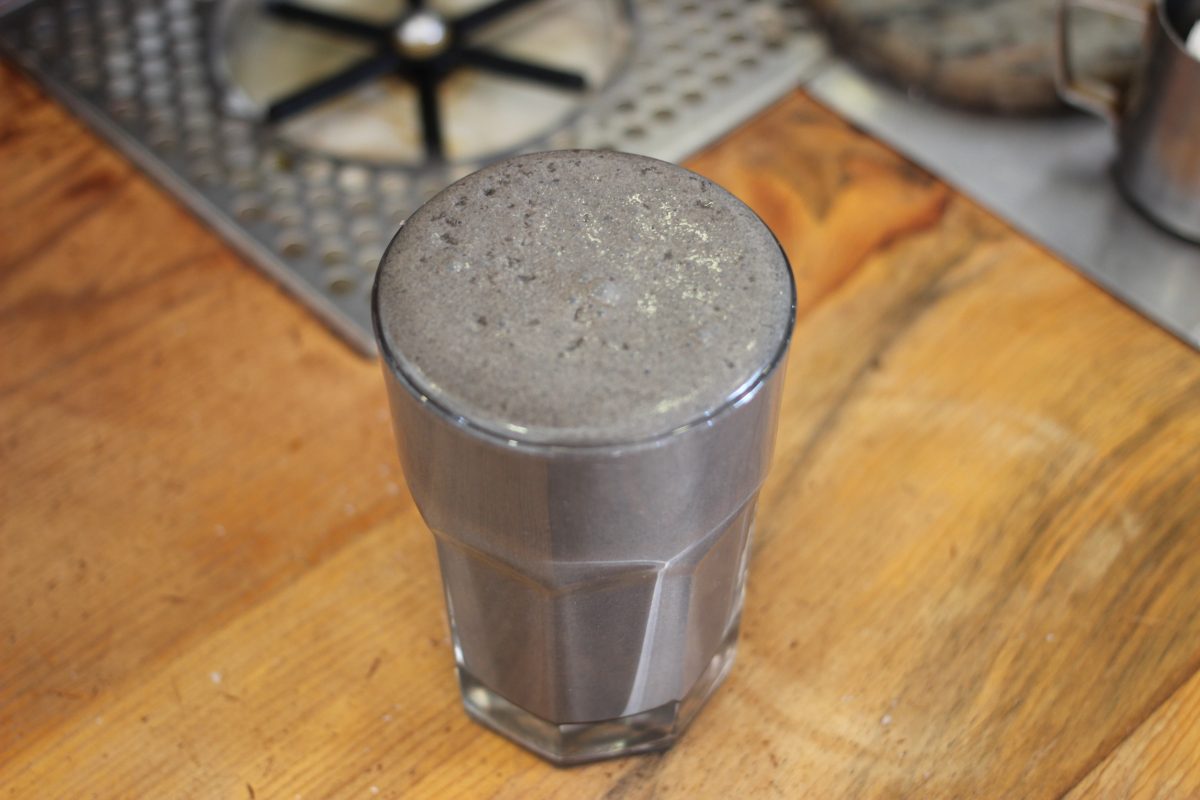
Unregulated, potentially harmful to a wide variety of medications, with no warning by the modern medical community. So what’s the moral of this story? Charcoal in foodstuffs are undeniably cool-looking, and the Goth Latte speaks for a forgotten generation of emotional outcasts—this much we know. But if you take certain medications, you should really, really be careful about consuming this stuff, whether it’s in your coffee drink, curated artisanal pre-squozen lemonade, Instagram ice cream cone, suspender-y urban apothecary cocktail parlo(u)r, Eater Steam List neo-artisan pizza pop-up, or what-have-you.

Meanwhile back at Menotti’s, Nicely is still offering charcoal drinks to curious customers—including enthusiastic nutritionists who champion the health benefits of charcoal—albeit with an updated caveat, and a new warning. “I think we need to appreciate why [charcoal] is used for medical purposes, and that’s why I’ve been using it myself,” he tells me. “When people order these drinks, I can tell them how it’s helped me—it comes from a true place of inspiration—but I’ve also put an asterisk on the menu to warn people to be careful if they’re taking medication.”
If you’re one of the millions of perfectly normal people who take medication regularly, for any reason, you should talk to your doctor about the risks of consuming activated charcoal, because there definitely are some. The truth is out there.
Jordan Michelman is a co-founder and editor at Sprudge Media Network. Read more Jordan Michelman on Sprudge.
Photos by Jordan Michelman for Sprudge Media Network.






